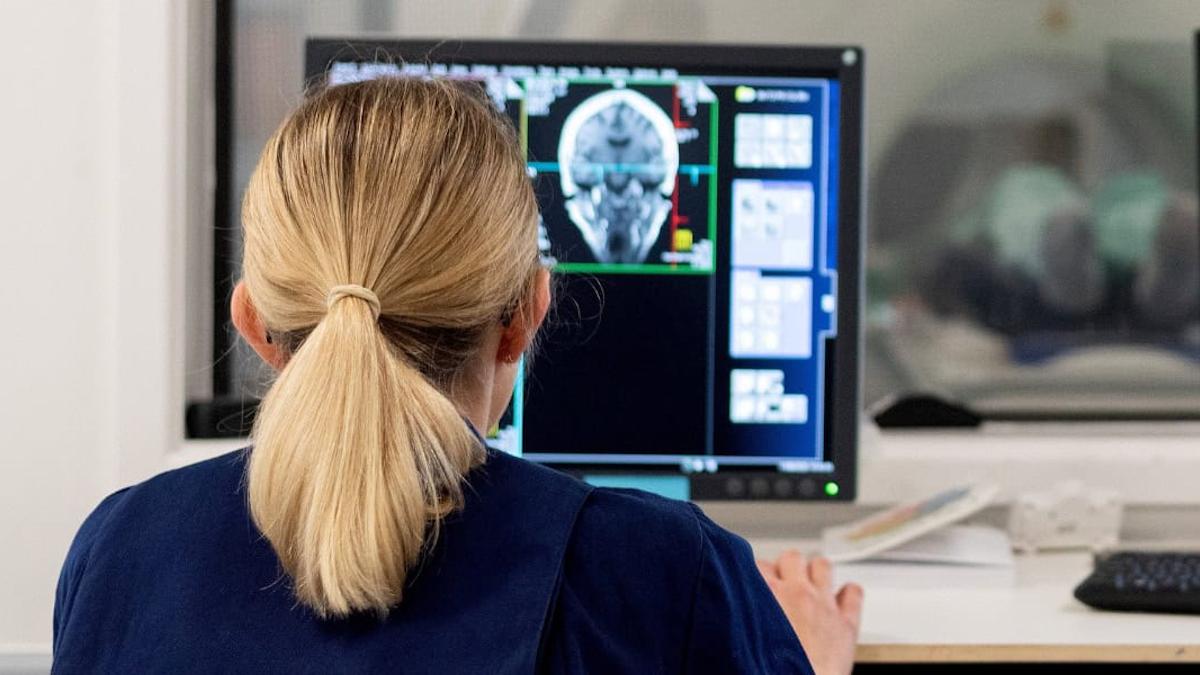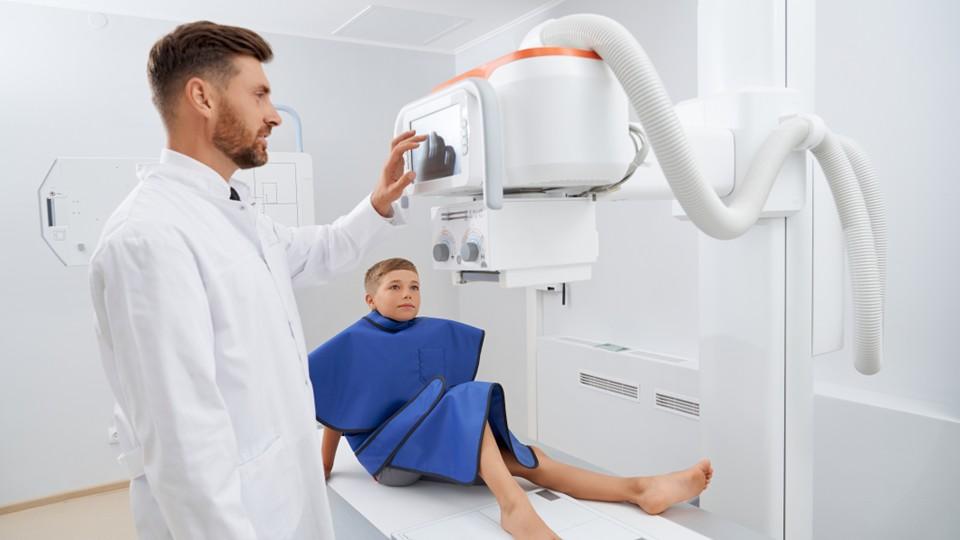UK Biobank charts success of NHS imaging project

The UK Biobank has completed the world's largest whole body imaging project, compiling more than a billion scans from 100,000 volunteers that will now serve as a tool to see what happens in people's bodies as they age and get sick.
Data from the medical imaging project has been released in batches since it started a decade ago and has already been used to develop better diagnostic tests for life-altering conditions such as heart disease, dementia, and cancer.
So far, imaging results for 80,000 people – linked to de-identified data on lifestyle, medical history, genetics, and blood proteins – is available for use by approved researchers around the world, with the remaining tranche due to be added into the resource before the end of the year.
It has taken 11 years to complete the 100,000 scans, each one taking five hours, fuelled by £62 million ($83 million) in investment from the UK Medical Research Council (MRC), Wellcome, the British Heart Foundation (BHF), and Dementias Platform UK (DPUK).
A second phase of the imaging project was launched in 2022, aiming to perform repeat imaging on 60,000 of these 100,000 scanned participants, at least two years after their first imaging appointment. That phase is due to complete in 2029 and, in the meantime, the project is continuing to invite UK Biobank's volunteers to imaging appointments beyond the 100,000 target.
"The unprecedented scale of this imaging project – more than 10 times bigger than anything that existed before – makes it possible for scientists to see patterns of disease that just couldn't otherwise be seen," said Prof Sir Rory Collins, principal investigator and chief executive of UK Biobank.
"Collecting scans from 100,000 volunteers seemed to be a pipe dream […] some experts even asked if we'd included an extra zero by mistake!" he added. "This massive imaging project is making the invisible visible. What's more, by combining these images from different parts of the body with all the genetic and lifestyle information from our volunteers, scientists are getting a far better understanding of how our bodies work."
Among the achievements of the initiative to date are the development of an artificial intelligence tool that can predict the early onset of 38 common diseases, and an AI model that creates a personalised version of a healthy heart that can be used to identify differences with a patient's actual heart, and spot emerging signs of heart disease.
Other projects revealed how MRI scans can be used to diagnose fatty liver disease, doing away with the need for an invasive surgical procedure, and that one in 10 middle aged people with no other symptoms have calcification in the aorta that can be life-threatening.
"One recent study used the brain imaging data from 20,000 participants, along with activity monitoring and genetic data, to develop an AI tool to predict who may go on to develop Alzheimer's and Parkinson's diseases," commented Prof Paul Matthres, chair of the UK Biobank Imaging Working Group.
"I can't wait to see what imaging data on 100,000 individuals will reveal!"












